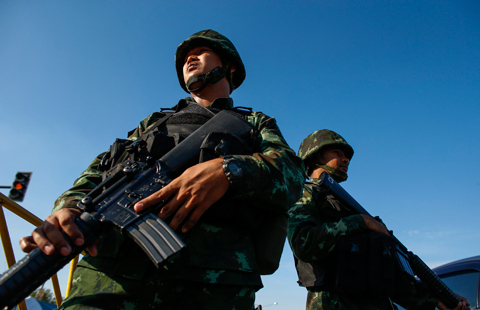Five Principles of Peaceful Coexistence serve as guiding light in int'l diplomacy
(Xinhua) Updated: 2014-06-27 13:42JAKARTA - The Five Principles of Peaceful Coexistence formulated in 1954 are important norms and should serve as a guiding light in international diplomacy then and now, Indonesian expert Wati Knapp has said.
Wati Knapp, daughter of Ruslan Abdulgani, secretary-general of the 1955 Bandung Conference and former Indonesian foreign minister, is a specialist on China and commutes from China to Indonesia.
Wati, also a people-to-people diplomat, told Xinhua recently that the five principles, though raised long time ago, still have meaningful impact and should be adhered to by the international community.
The Five Principles of Peaceful Coexistence advocated by China, Myanmar and India 60 years ago stand for mutual respect for each other's territorial integrity and sovereignty, mutual non- aggression, mutual non-interference in each other's internal affairs, equality and cooperation for mutual benefit and peaceful co-existence.
In 1955, the principals were widely accepted at the Asia-Africa Conference in Indonesia's Bandung City and became part of the 10- point Bandung Declaration on Promotion of World Peace and Cooperation.
Wati said every free nation should respect the system of government that each independent country has chosen. "Any free country has the right to decide the best system of its government in accordance with local situation, culture, faith and tradition," she said.
Wati, who had been traveled China with her father as early as 1955, said China is one of the countries that carry the torch and a forerunner of the Bandung spirit.
Wati noted that China's continuously implementation of the five principles in the past decades has been proved good and it will continue to show the five principles are still relevant today.
Asked about the conflicts in some parts of the world, Wati said conflict always has something to do with the expansion of territory and ideology including faith, belief or religion.
The five principles are always valid in solving these conflicts, she said.










